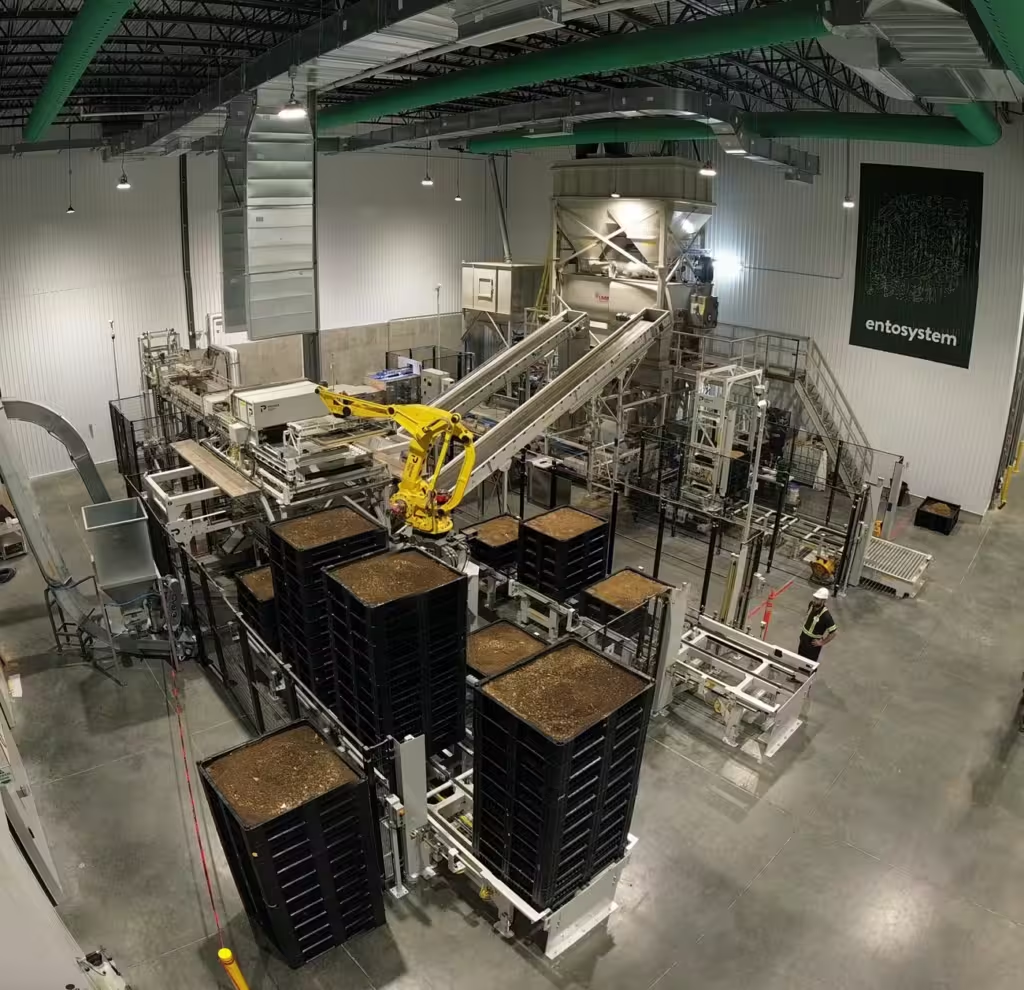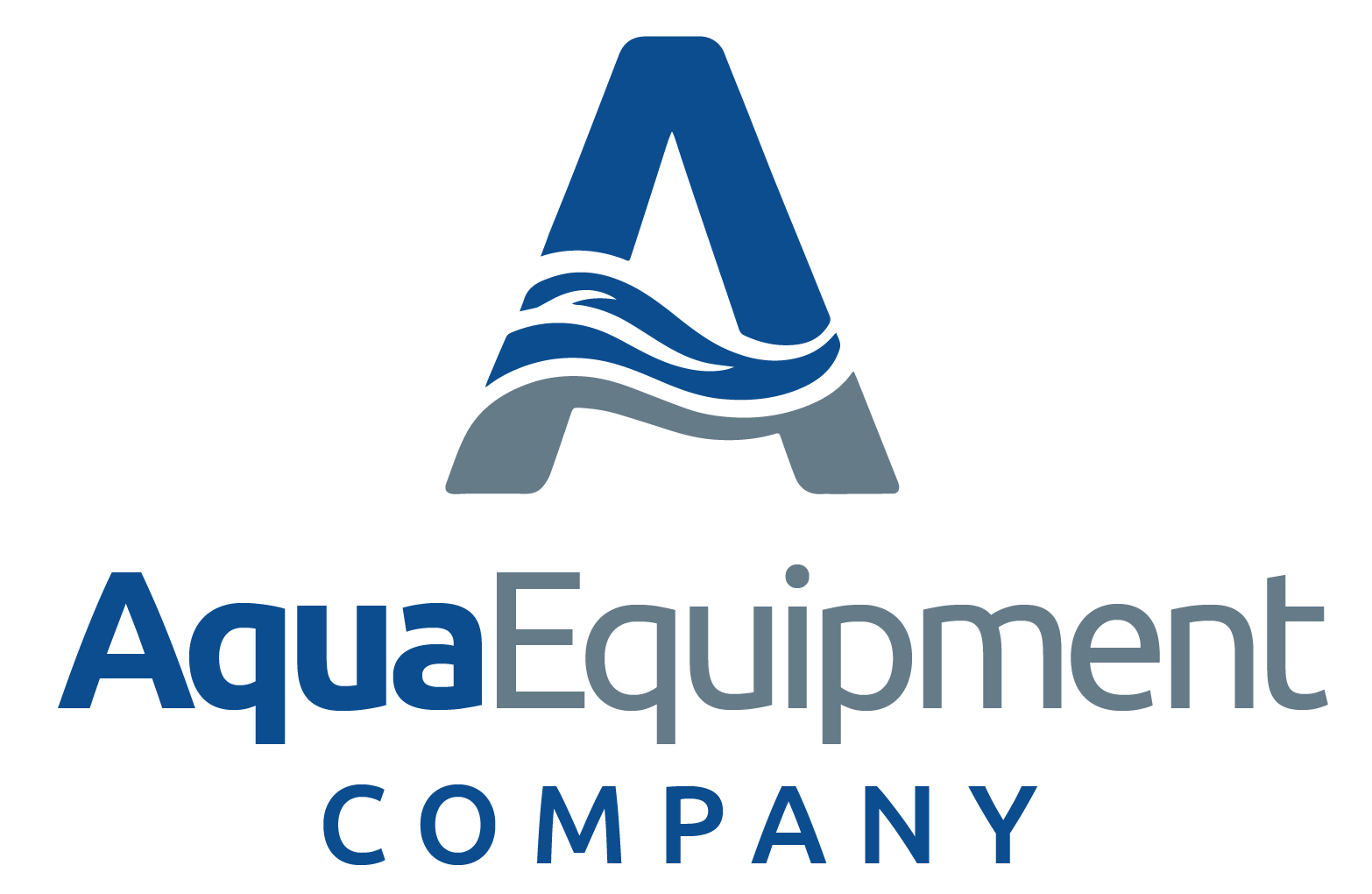Revolutionizing Waste into Wealth: The Rise of Insect Farming in Canada’s Sustainability Movement
In a groundbreaking development for both aquaculture and pet food industries, Canadian fly farmer Entosystem has secured a remarkable $58 million investment to further scale its operations. This signals a broader trend towards using insects as a sustainable solution for food and waste management, transforming how we perceive resource use in the agriculture, aquaculture, and pet food sectors.
Entosystem’s model revolves around black soldier flies, whose larvae are used to convert organic waste into high-protein ingredients for animal and fish feed. This process not only addresses the growing demand for sustainable feed alternatives in aquaculture but also helps reduce waste destined for landfills, a key environmental concern. The company’s ability to turn organic byproducts into valuable resources positions it as a leader in the circular economy, aligning with global sustainability goals.
This new wave of insect-based feed presents a viable alternative to traditional fishmeal and soy, often criticized for their environmental impacts. With the global population growing and pressures on natural resources mounting, innovations like those from Entosystem are poised to play a crucial role in feeding both humans and animals in a more responsible way.
Moreover, the influx of investment suggests confidence in the scalability of insect farming, not just in Canada but globally. The aquaculture sector, already exploring intelligent farming systems, can benefit from integrating sustainable feed sources into these technologies. By combining AI-driven monitoring and resource-efficient feeding with insect-based nutrition, the aquaculture industry could see a significant boost in productivity and sustainability.
This investment into Entosystem and others like it heralds a shift towards greener, smarter food production systems that respect the planet’s limits while meeting the nutritional demands of a growing world.

The facility is capable of processing 90,000 tons of organic material annually, converting it into 5,000 tons of premium-quality protein meal and 15,000 tons of fertilizer that is certified for use in organic farming.
